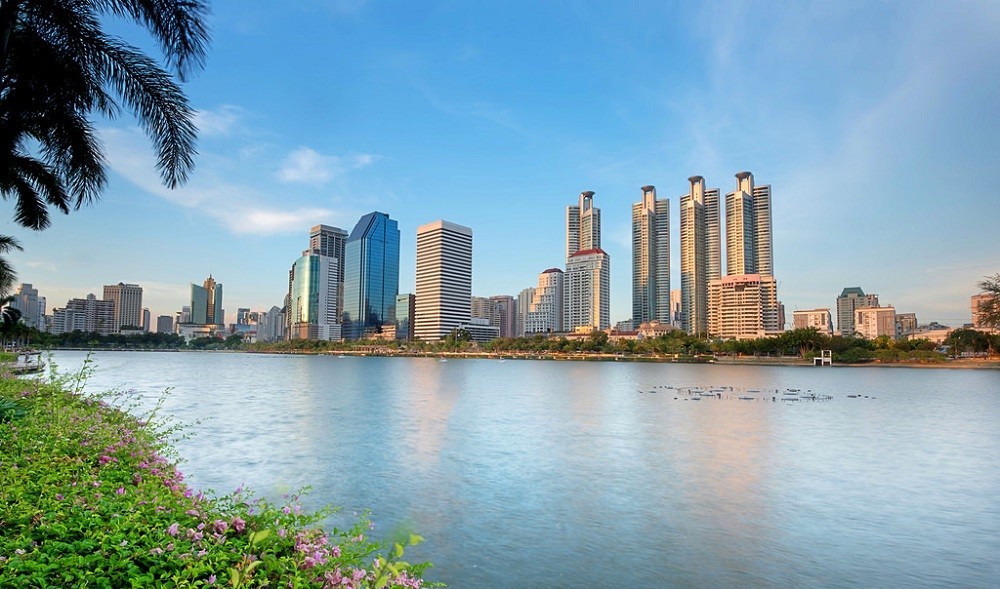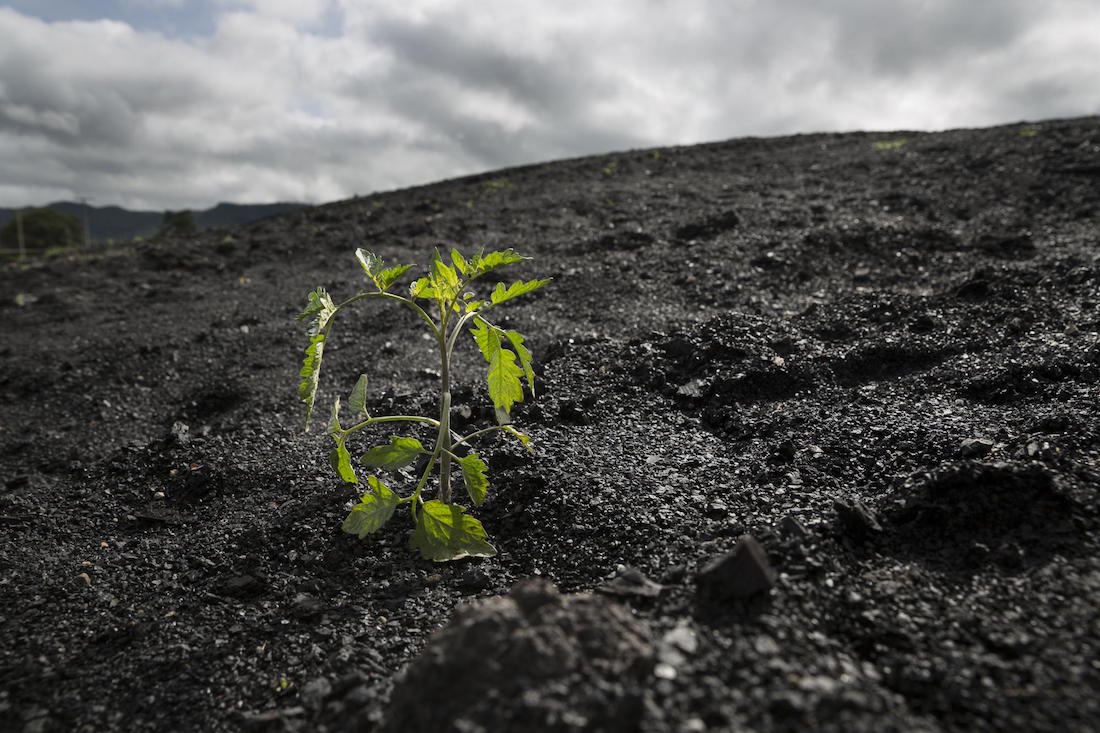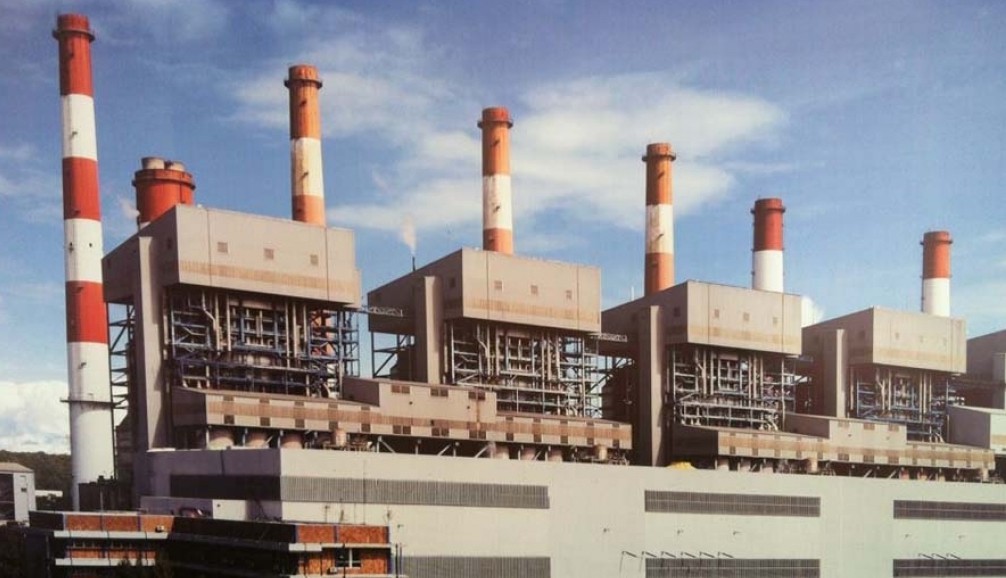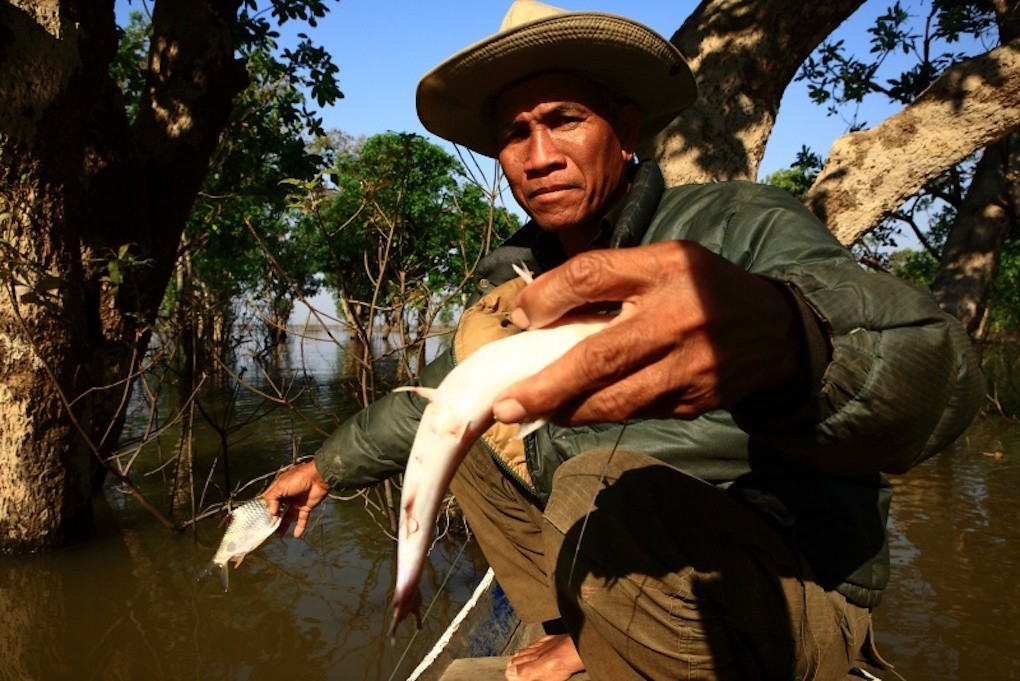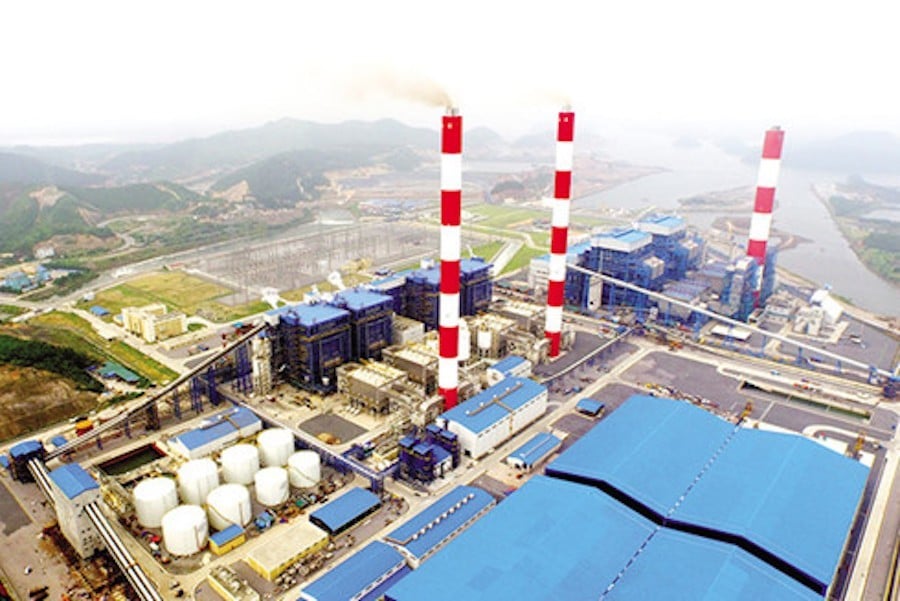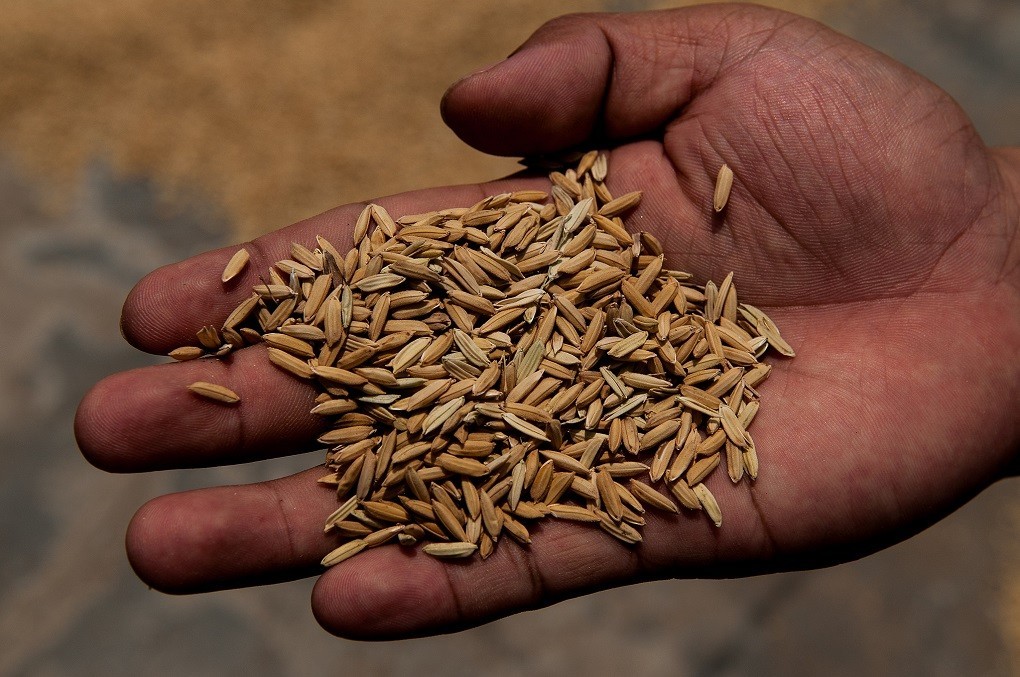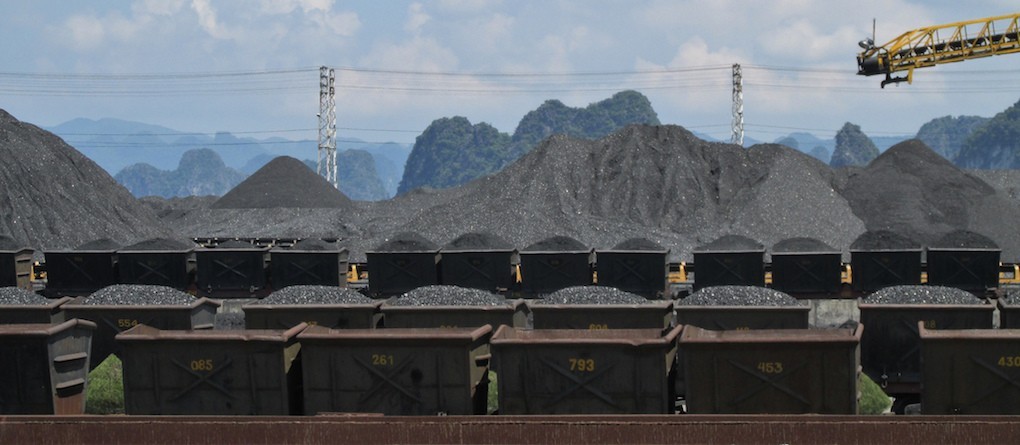Cities are now taking lead in addressing climate change. New and innovative policies are being implemented at a local level because of the government´s closer relationships with their businesses, residents and institutions, and partnerships are being promoted globally. This shows how cities are well-positioned in to play a leadership in reducing Greenhouse Gas emissions.
Tag: climate change
Official speaks out against coal power
If the people say “no” to coal, so do we, say government officials. In an interview with The Myanmar Times this week, a deputy permanent secretary of the Electricity and Energy Department has confirmed that the government has no plans to pursue coal-based energy.
‘Environmental refugees’ in Mekong River Delta expected in future, experts say
An environmental refugee is defined by Prof Essam El-Hinnawi as someone forced to leave their traditional habitat, temporarily or permanently, because of a marked environmental disruption.
Vietnam, instead of ‘environmental refugees’, uses the world ‘resettlement’ or ‘migration’, because ‘refugee’ proves to be a ‘sensitive word’ in Vietnamese.
The media’s role in telling environmental stories
Journalists have the unique ability to help accelerate climate action through advocacy and education, but their potential to help achieve the global climate goals agreed in Paris last year still remains largely untapped, said media and environmental experts in Singapore.
Speaking at the inaugural Asian Environmental Journalists Forum, organised by non-profit Singapore Environment Council and media organisation Eco-Business, panellists said that shrinking budgets, a lack of public interest and the ever increasing complexity and geographical scope of climate issues are just some of the challenges that journalists face when trying to report on environmental issues today.
Time is running out for an international moratorium on new fossil-fuel power plants. Myanmar needs to take notice.
A global moratorium commencing in 2017 on new fossil-fuel power plants without carbon-capture technology is an option. It would have to be accompanied by grants and cheap international loans to help countries that cancel fossil-fuel power plants to rapidly develop energy efficiency, solar and wind.
Research: Impacts of Dams and Global Warming on Fish Biodiversity in the Indo-Burma Hotspot
Both hydropower dams and global warming pose threats to freshwater fish diversity. While the extent of global warming may be reduced by a shift towards energy generation by large dams in order to reduce fossil-fuel use, such dams profoundly modify riverine habitats. Furthermore, the threats posed by dams and global warming will interact: for example, dams constrain range adjustments by fishes that might compensate for warming temperatures. Evaluation of their combined or synergistic effects is thus essential for adequate assessment of the consequences of planned water-resource developments.
Experts warn of over-reliance on coal power
EuroCham vice chairman Tomaso Andreatta said Vietnam should gradually stop the construction of coal-fired power plants as they were dramatically increasing the country’s greenhouse gas emissions (GHGs) and causing environmental pollution.
“Mny nations have stopped using coal for operating their power plants because of concerns over the environmental risks. Vietnam should follow suit,” Andreatta told Vietnam’s government at an international conference on clean energy in Asia in early July 2016.
Report: Coal and gas to stay cheap, but renewables still win race on costs
Low prices for coal and gas are likely to persist, but will fail to prevent a fundamental transformation of the world electricity system over coming decades towards renewable sources such as wind and solar, and towards balancing options such as batteries.
The latest long-term forecast from Bloomberg New Energy Finance, entitled New Energy Outlook 2016, charts a significantly lower track for global coal, gas and oil prices than did the equivalent projection a year ago. Crucially, however, it also shows a steeper decline for wind and solar costs.
A Thirsty Mekong Delta
Located at the end of the Mekong River basin, the Mekong Delta in Vietnam is currently experiencing the most severe drought and salinity intrusion in 100 years.
According to experts, the principal reason is development activities in GMS countries related to the use of the Mekong River’s water resources, including the operation and construction of mega-dams along the river as well as water diversion for agricultural purposes.
Scientists recommend fewer coal power plants
Vietnam Scientists are concerned that coal power plants would still provide 50 percent of the nation’s total electricity output in the future.


